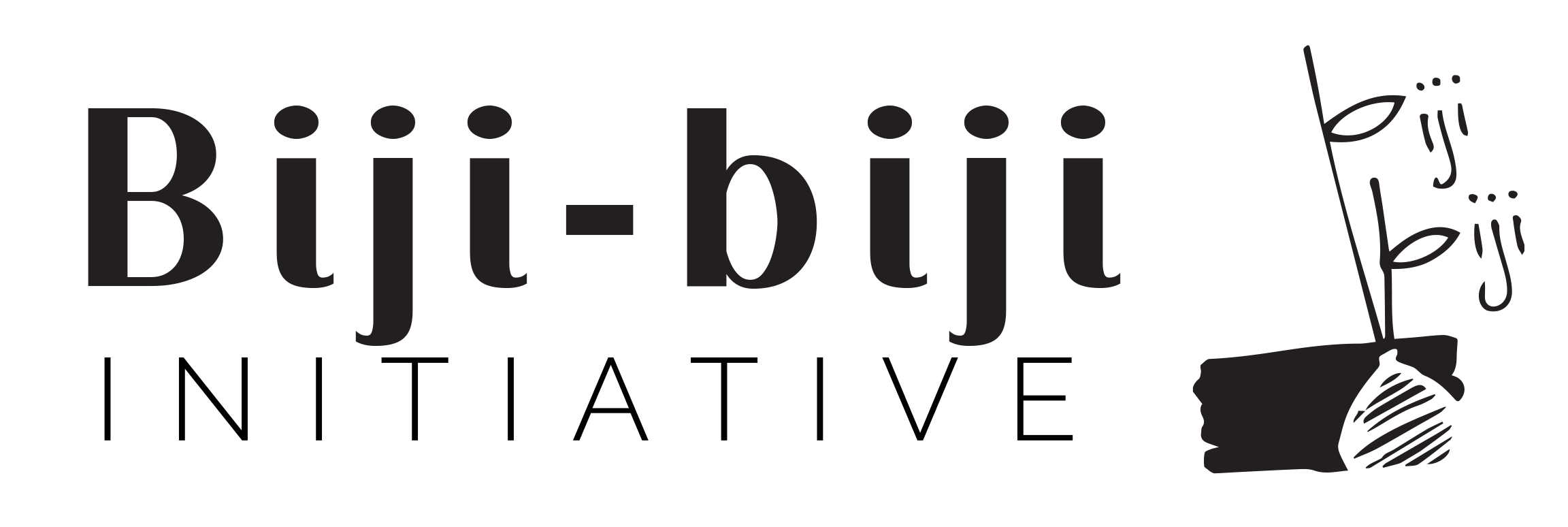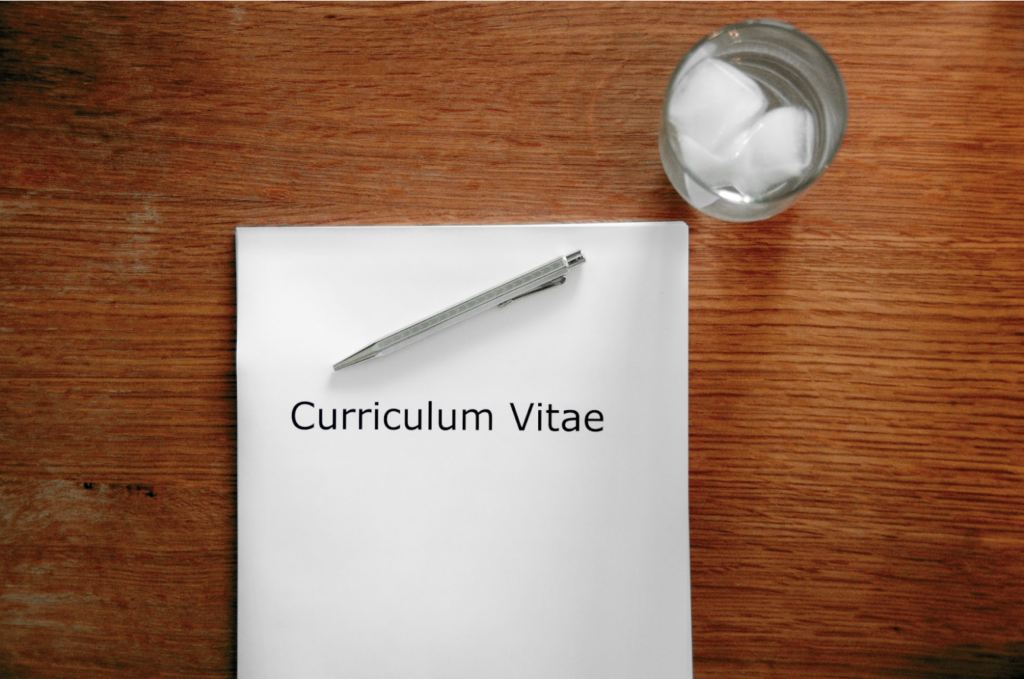For job seekers, CV (Curriculum Vitae) is important to inform the company about your background. Through a CV, companies can see your educational background, work experience, and whether your qualifications and competencies match the position you are applying for. The CV that you have created will be used by the company or organization as material for consideration in the employee selection process and how you can help the company or organization achieve its goals.
In addition, CVs can also be used as material for consideration in the selection process for scholarship providers or apprenticeship programs. So in general one must have a good CV in order to be able to communicate what has been achieved and what has been done can be conveyed to companies, scholarship institutions, or internships. However, making a CV cannot be arbitrary. What is written on the CV must be relevant and in accordance with what is needed. Here we summarize some ways to make a good CV:
1. Up-to-date and appropriate: Your CV must be up to date, relevant to the position you are applying for and include work experience and education relevant to the position. It is not recommended to apply for the job if you do not have the proper qualifications unless the qualifications are open to all types of experience.
2. Be concise and clear: A CV should be easy to read and accept. Don’t fill your CV with long-winded information. Make sure the information included is important for the recruiters to read so they understand why they should choose you.
3. Designed well: Make your CV look neat and professional by using a good design, easy-to-read fonts, and leaving enough space between each element. When a CV is hard to read using unusual fonts and layouts there is a possibility that the recruiters will not read it at all.
4. Show your achievements: Show your achievements to differentiate you from other competitors. Achievements will look good for the recruiters. You can include such as achievements in previous work experience, a successful project, increased results, or promotion in position.
5. Accurate contact details: Double-check the phone number and email address that will be placed on your CV. Make sure the phone number and email are active and can be contacted by recruiters.
6. Have no writing errors: Check spelling and grammar on your CV before sending it to ensure there are no mistakes. So that the information received is correct, accurate, and not considered less thorough by recruiters.
7. Include relevant qualifications: If you have specific qualifications, please include any certificates, training, or other qualifications you have that match the position you are applying for. This will be an added value for recruiters.
8. Customize your CV with the position you are applying for: If you have more than one skill or experience, make sure you make separate or different CVs so that each CV feels more suitable and appropriate for recruiters. Pay attention to the keywords needed in the position and make sure you include them in your CV.
9. Focus on relevant work experience: You may have a lot of experience. However, make sure that only work experience that is relevant to the position you are applying for is included in your CV. Putting in as much information as possible is not a good idea as it becomes verbose. Just include the relevant ones so you can explain to the recruiter how you can help the previous employer to achieve its goals.
10. Use a design that suits the company background: Some companies want a CV that is only text. Several other companies give you the freedom to design a CV. The important thing is to make your CV look neat and professional so that recruiters can easily read it.
Are you curious about how to apply these tips directly to your CV? Just click https://sfj.biji-biji.com/id. There you will learn how to make a good CV online with an expert tutor from Microsoft Skills for Jobs! Learning is free, free of charge and there is a certificate if you successfully complete it! How, are you ready to get a new job from the New CV?




